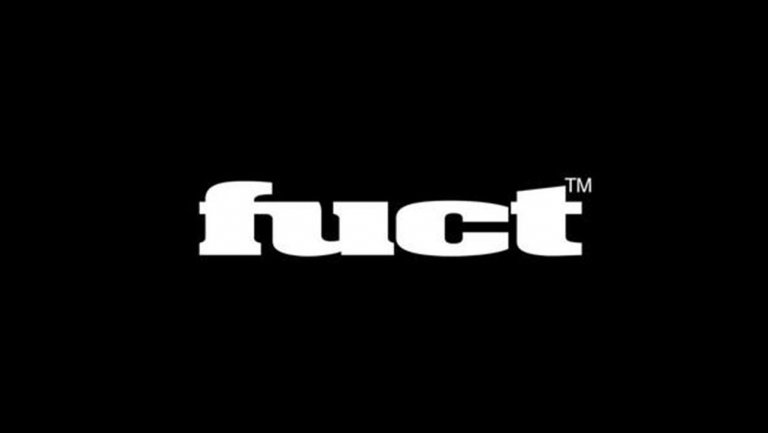HOLY FUCT! The U.S. Supreme Court previously decided that it would hear a case that involves the refusal of a trademark application for the word “FUCT” in conjunction with its use on apparel. On June 24, it issued its opinion and determined that the U.S. Patent and Trademark Office should not be able to refuse registration for marks that contain immoral, deceptive or scandalous matter in the face of the freedom of speech guarantees offered by the First Amendment of the U.S. Constitution.
The important holding was that the Lanham Act’s prohibition on registration of immoral or scandalous trademarks violates the First Amendment. Thus, on those grounds alone, the U.S. Patent and Trademark Office should no longer be denying those types of applications from becoming registered.
“Immoral” was defined as marks that are “inconsistent with rectitude, purity, or good morals”; “wicked”; or “vicious.”
“Scandalous” was defined as marks that “giv[es] offense to the conscience or moral feelings”; “excite[s] reprobation”; or “call[s] out condemnation.”
The Supreme Court pointed out that the U.S. Patent and Trademark Office has refused to register marks that communicate immoral or scandalous views about such things as drug use, religion and terrorism. Ostensibly, marks surrounding these catagories would no longer be denied registration based on their subject matter alone anymore. The highest court pointed out that the U.S. Patent and Trademark Office previously refused registrations for “BABY AL QAEDA” and “AL-QAEDA” on t-shirts, yet approved the registration for a mark with the words “WAR ON TERROR MEMORIAL.” It took the position that such a distinction is not proper, because it is not viewpoint-neutral.
This decision follows the Supreme Court previously ruling, in 2017, that it is unconstitutional to refuse registering trademarks that disparage any person. An important component of that decision, which was cited in the majority opinion concerning the registration of FUCT, was the determination that if a trademark registration bar is viewpoint-based, it is unconstitutional. Ultimately, the government cannot discriminate against speech based on ideas or opinions that the speech conveys. And thus, it would be improper to discriminate baased on the immoral or scandalous nature of a trademark.
The list of marks that are worthy of being registering continues to expand in today’s day and age.

